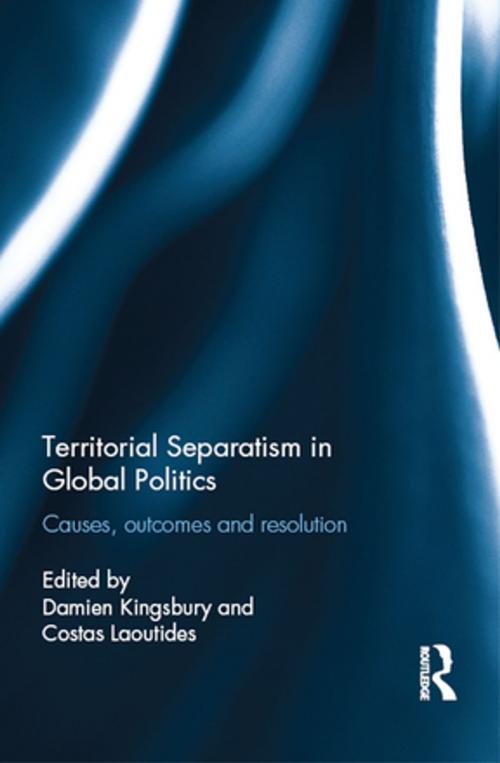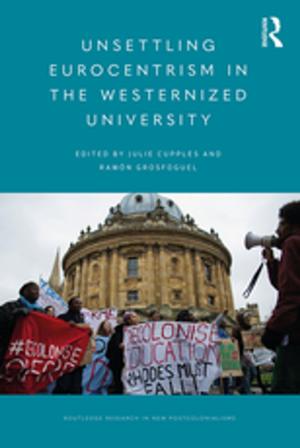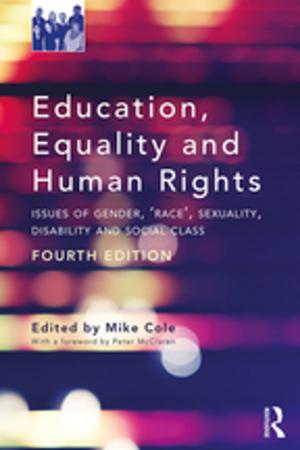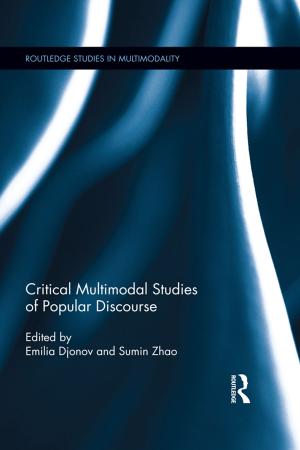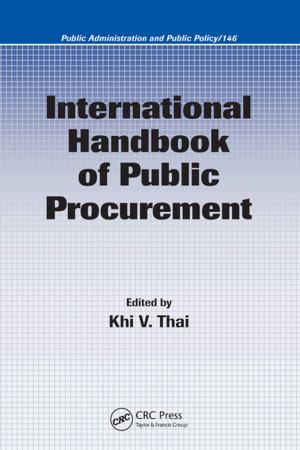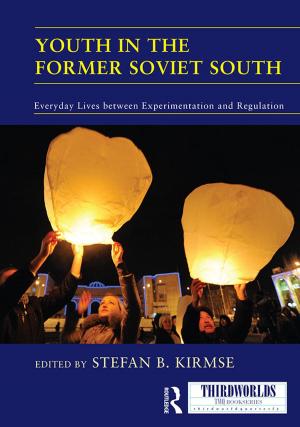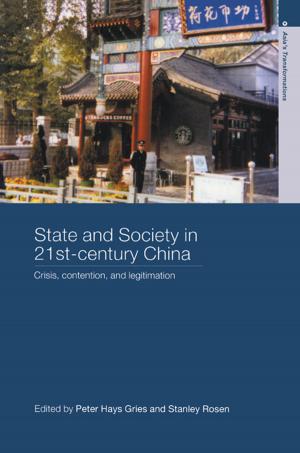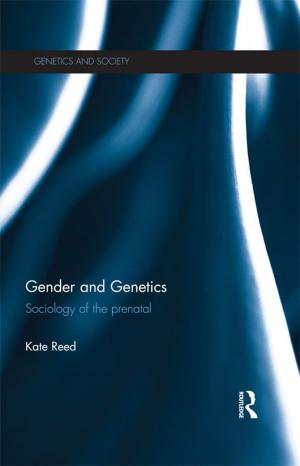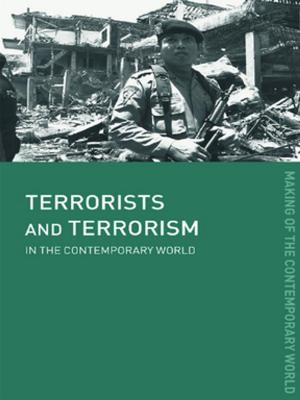Territorial Separatism in Global Politics
Causes, Outcomes and Resolution
Nonfiction, Social & Cultural Studies, Political Science, International, International Security| Author: | ISBN: | 9781317631385 | |
| Publisher: | Taylor and Francis | Publication: | March 5, 2015 |
| Imprint: | Routledge | Language: | English |
| Author: | |
| ISBN: | 9781317631385 |
| Publisher: | Taylor and Francis |
| Publication: | March 5, 2015 |
| Imprint: | Routledge |
| Language: | English |
This volume examines the various aspects of territorial separatism, focusing on how and why separatist movements arise.
Featuring essays by leading scholars from different disciplinary perspectives, the book aims to situate the question of separatism within the broader socio-political context of the international system, arguing that a set of historical events as well as local, regional, and global dynamics have converged to provide the catalysts that often trigger separatist conflicts. In addition, the book marks progress towards a new conceptual framework for the study of territorial separatism, by linking the survival of communities in international politics with the effective control of territory and the consequent creation of new polities. Separatist conflicts challenge conventional wisdom concerning conflict resolution within the context of international relations by unpacking a number of questions with regard to conflict transformation. Through the use of case studies, including Cyprus, the Rakhine state in Myanmar, the Shia separatism in Iraq, the Uighurs in China and the case of East Timor, the volume addresses key issues including the role of democracy, international law, intervention, post-conflict peacebuilding and the creation of new political entities.
The book will be of much interest to students of Intra-StateConflict, Conflict Resolution, International Law, Security Studies and International Relations.
This volume examines the various aspects of territorial separatism, focusing on how and why separatist movements arise.
Featuring essays by leading scholars from different disciplinary perspectives, the book aims to situate the question of separatism within the broader socio-political context of the international system, arguing that a set of historical events as well as local, regional, and global dynamics have converged to provide the catalysts that often trigger separatist conflicts. In addition, the book marks progress towards a new conceptual framework for the study of territorial separatism, by linking the survival of communities in international politics with the effective control of territory and the consequent creation of new polities. Separatist conflicts challenge conventional wisdom concerning conflict resolution within the context of international relations by unpacking a number of questions with regard to conflict transformation. Through the use of case studies, including Cyprus, the Rakhine state in Myanmar, the Shia separatism in Iraq, the Uighurs in China and the case of East Timor, the volume addresses key issues including the role of democracy, international law, intervention, post-conflict peacebuilding and the creation of new political entities.
The book will be of much interest to students of Intra-StateConflict, Conflict Resolution, International Law, Security Studies and International Relations.
